Myths of High School: You need straight A’s to get into a “good” college
A common HS myth is that to get into a “good” college one must get straight A’s and perfect scores. But this is something that needs to be reexamined.
This art work by Gauntlet member Evanthia Stirou shows how one “bad” grade can take all the attention away from every other good grade and may even feel like the end of the world.
Imagine this: your teacher hands you a fancy envelope with the heading “Report Card.” Your heart races; the nerves creep in; slowly, you peel the glue that’s holding the letter together and pull the paper out.
Holding the report you notice you’re trembling. Your eyes skim over each grade: English, math, science, history. Then, you get an instant feeling of shock as you see the letter you despise the most: a “B” beside the AP class you’ve been dreading going to all year.
Does this sound familiar to you? Well, at Saint Stephen’s, getting a B is something that many are familiar with, even those who are remarkably academically able.
It can be heart-breaking.
But take a deep breath. There’s something you need to know: you don’t need to get straight A’s to get into a “good” college.
It’s a myth. But the key to this knowledge is knowing what the term “good” means when it comes to college.
Despite the common pressure that parents, teachers, and college admissions put on students about the need to get straight A’s to get into college, high school is more than just being a “perfect” student.
And “good” colleges are more than just top-tier perfect-student factories.
Though colleges like Harvard, Yale, and Princeton are commonly considered to be the only “good” types of colleges due to their excellent academics and low acceptance rates, are they truly the only “good” colleges? Are they “good for everyone”? And most importantly, are they “good” for you?
A common thought is that to get into a “good” college you have to get perfect grades. But the major reason for this myth being exactly what it is— just a myth, is actually more simple than you’d think.
These “good” colleges don’t always get the “best people”; they don’t always lead people to the “best” or most high-paying and traditionally valued jobs; they don’t fit the needs of all students; the heavy expectations at these schools may actually be detrimental to the health of many students.
Just because they have a reputation for incredibly high standards doesn’t mean they are the only “valid” colleges. It’s time that we define “good college” in a healthier way.
Here’s an interesting example of the “good college” myth at work.
Mr. Johnson, a beloved upper school English teacher, enjoyed his time, got a solid education, and obtained many connections attending the University of Central Florida. UCF is a nice school, but it doesn’t fit the stereotype of “good” school, as in, Princeton, Harvard, Columbia, etc.
Mr. Wolcott, a respected and loved middle and high school Spanish teacher, also got an outstanding education and had access to many useful resources while attending Princeton. In his case, he did “make it” into a “good” college.
Now, here’s the thing: both of them feel their experiences were “good” in many respects, and their education had similar outcomes: a fulfilling teaching career at Saint Stephen’s where they get to impact students daily.
What you see here is that “good” colleges don’t always land you on some high hill somewhere. Most people end up where they’re supposed to be as long as they go to a college that’s good for them.
A good college should not be based solely on academics. There is much more to it than just that. Finding a “good” college is a process that is highly individual as it is based on your personal needs and desires.
When considering applying to colleges you must consider all kinds of things such as the cost, the size of the school, the location, the climate, the areas of study, and so much more, as these are all things that could drastically alter your post-high school experience.
But many of us find ourselves “locked-in” on getting into big-reputation schools, stressing for years over GPA points, when a “good college” may be obtained without them.
The truth is, there are good colleges out there who, while they still take academic performance into consideration, look for more than just that.
Former Saint Stephen’s student Sarah Glaser, who graduated in 2018, had a lot to say on the subject of other ways to look “good” for a college. “While grades are an important component, they are not the only thing that colleges take into account when looking at an applicant,” Glaser said.
Let’s say that you are an extremely strong writer—there’s the essay for that. Glaser said that “the essay portion is an important component and is a good way to show colleges who you are and what you would bring to the school.”
Another good way of representing your individuality to a college is through community service.
According to Glaser, focusing on community service that actually interests you instead of trying to pad your resume is “more meaningful to an admissions committee,” as it will show where your true passions lie.
By finding and concentrating on what truly interests you, schools will notice your personalized interest as an area of passion and may offer scholarships. If you are choosing classes that both suit your interests and challenge you simultaneously, colleges will acknowledge and appreciate your work.
So back to the question– a few B’s or “bad grades,” as many private school students consider them to be, generally won’t hurt your application to all “good colleges” as long as you have shown your effort and hard work, and as long as you choose a school that is not putting all their eggs in one basket: the high GPA.
Getting into extremely competitive schools is pretty much a gamble, anyway, according to some. When going up against so many other students who have equally high scores, other factors besides academics may be what is going to get you accepted.
To get a better look at how college admissions truly work in highly admirable schools there is a well-reviewed Ted Talk that demonstrated how much of a guessing game getting into “good” colleges really is.
The talk described the GPA’s and SAT scores of students who applied and got accepted into Harvard versus those rejected.
The data showed that the two groups had different outcomes, but both fell into the same GPA/SAT score areas when placed on a graph.
This goes to show how, according to Glaser, “Getting into schools with extremely low acceptance rates is essentially a lottery,” and that “many other factors go into determining who gets into college and who does not. Many of these factors are totally out of your control,”
For more information about this study check out The Truth about College Admissions Ted Talk by Alex Chang.
The reality is, good colleges want to see who you are as a person, which can’t truly be seen through only scores. Instead of stressing out and only focusing on getting good scores, concentrate on being a well-rounded student and enjoy your time with the people you love in high school.
Private schools have a very prominent culture of being very competitive. This is seen at SSES where many students feel pressured to be a “perfect” student and therefore get perfect grades, especially because the competition is so fierce.
But the next time a big fat B feels like the end of the world, remember: the need for straight A’s to get into a “good” college is a myth. Not a reality.
Former Saint Stephen’s students Emma Lexhed and Ryan Kinkead who graduated in the same class as Glaser, both agree that taking time away from school to enjoy your time is highly beneficial.
Kinkead said that “You are much better off enjoying your time in high school while it lasts and not stressing out the entire time because it goes by really quick and in the end.”
In the end, the memories you will remember aren’t going to be all of the late nights of studying, it’s going to be the fun and unforgettable times you spent with your friends and family. — Emma Lexhed
Emma added that “In the end, the memories you will remember aren’t going to be all of the late nights of studying, it’s going to be the fun and unforgettable times you spent with your friends and family.”
A good college isn’t always going to be the ones with the “best” academics or the biggest name, it’s going to be the ones where you can see yourself thriving and a place you can call your second home.
Check out the related article covering another common myth of high school “The best years of your life?” by Ansley Morris.
8
Sanna is a senior at Saint Stephen's and is returning to the Gauntlet for her third year. She is serving as an Associate Editor this year. She enjoys listening...

Evanthia is a third-year Creative Director on The Gauntlet. She is a senior here at Saint Stephen's and likes drawing, playing Genshin Impact, and hanging...


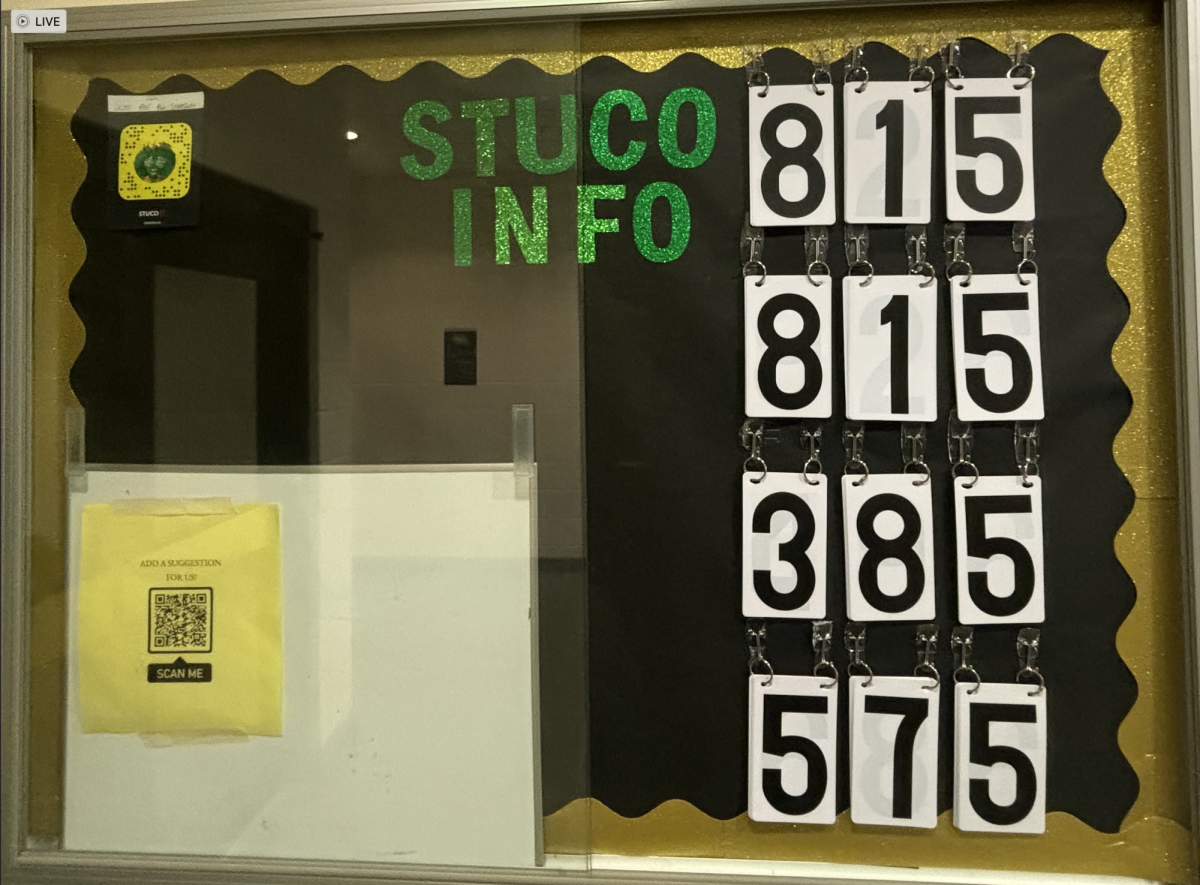
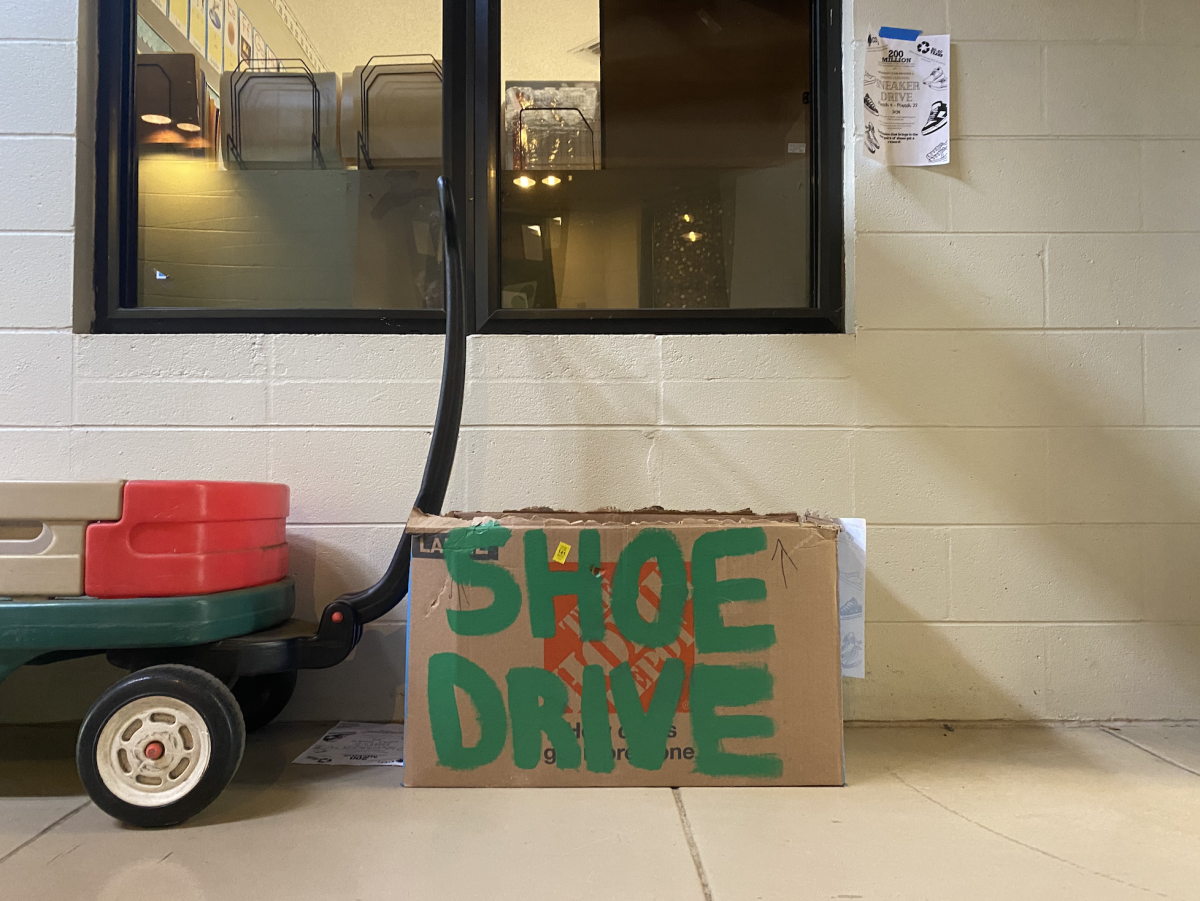



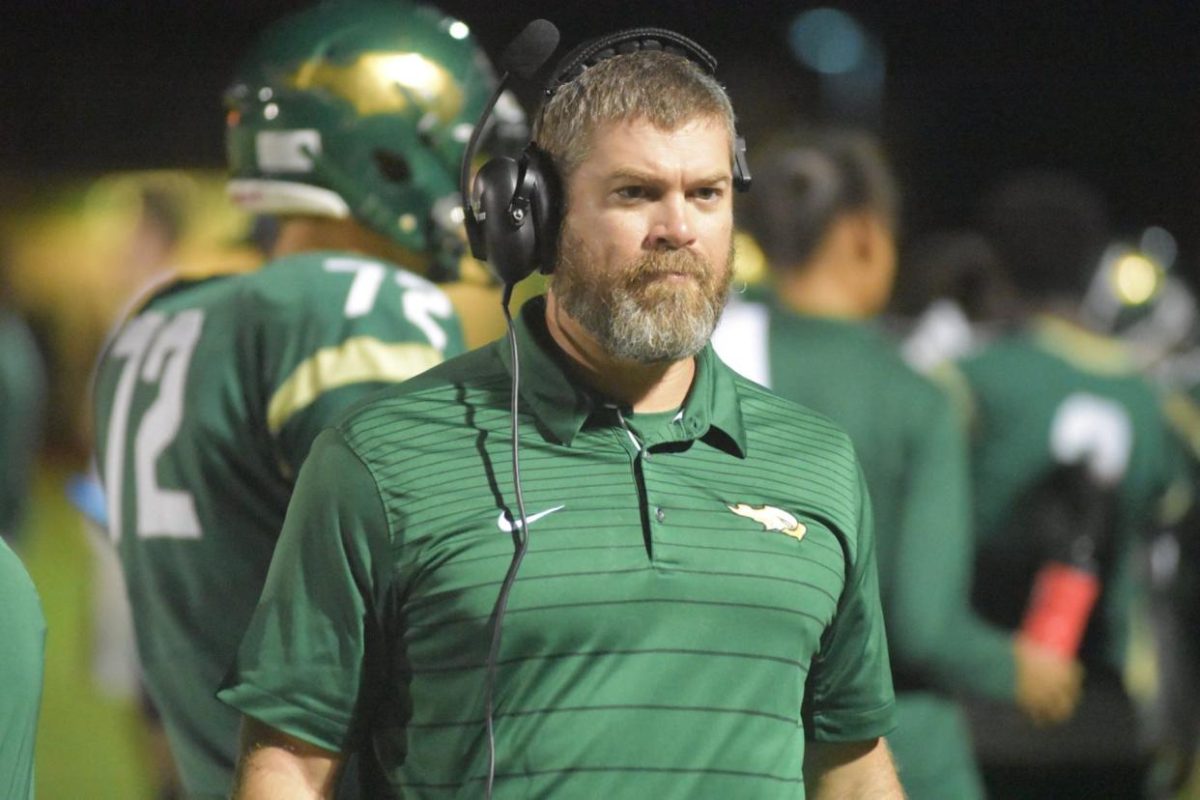

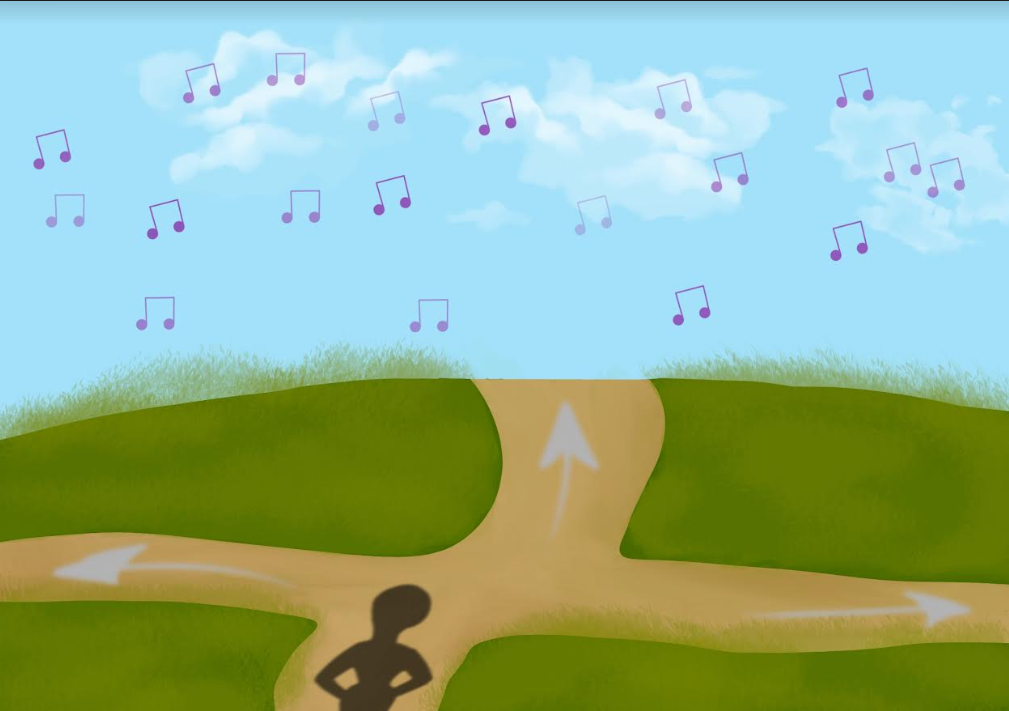








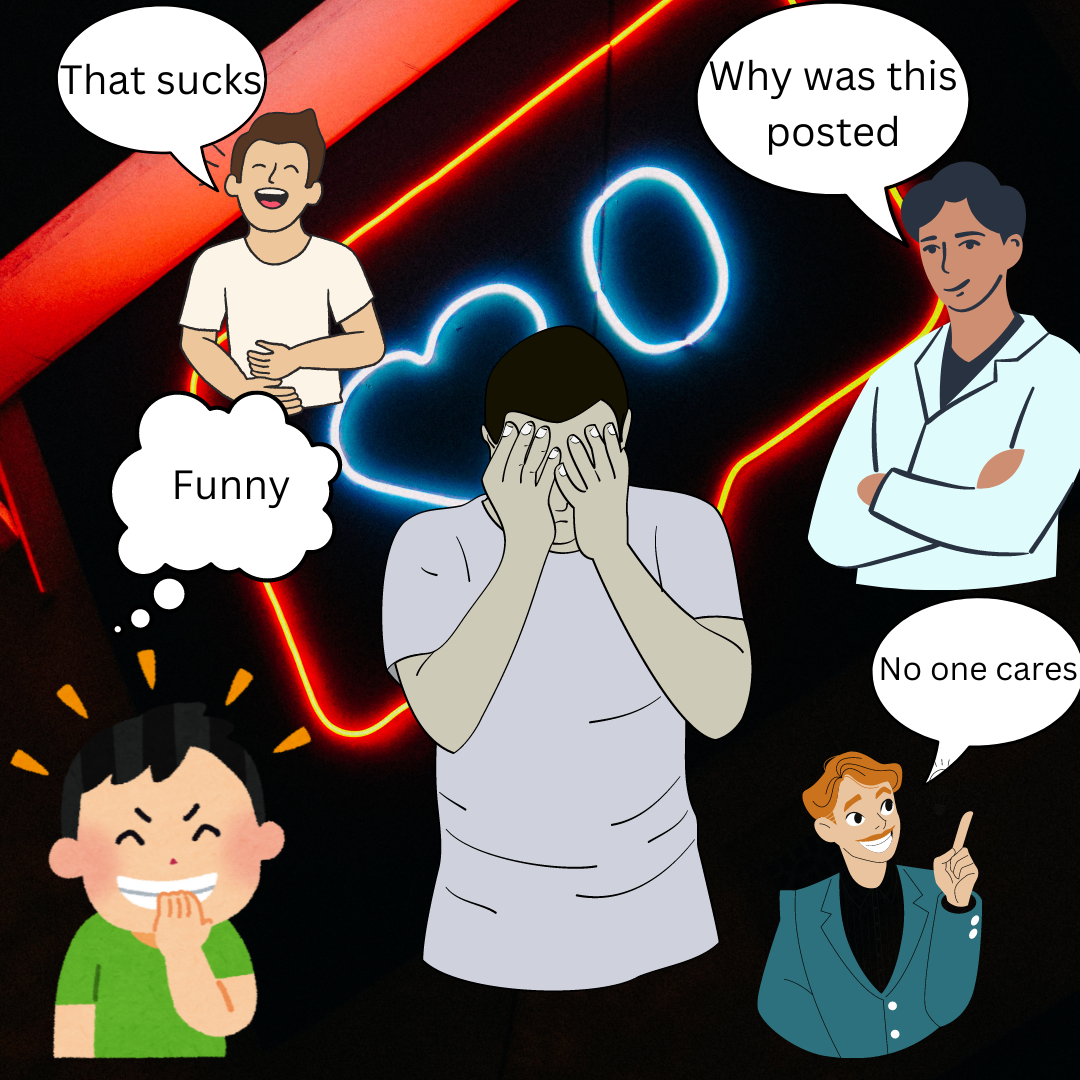

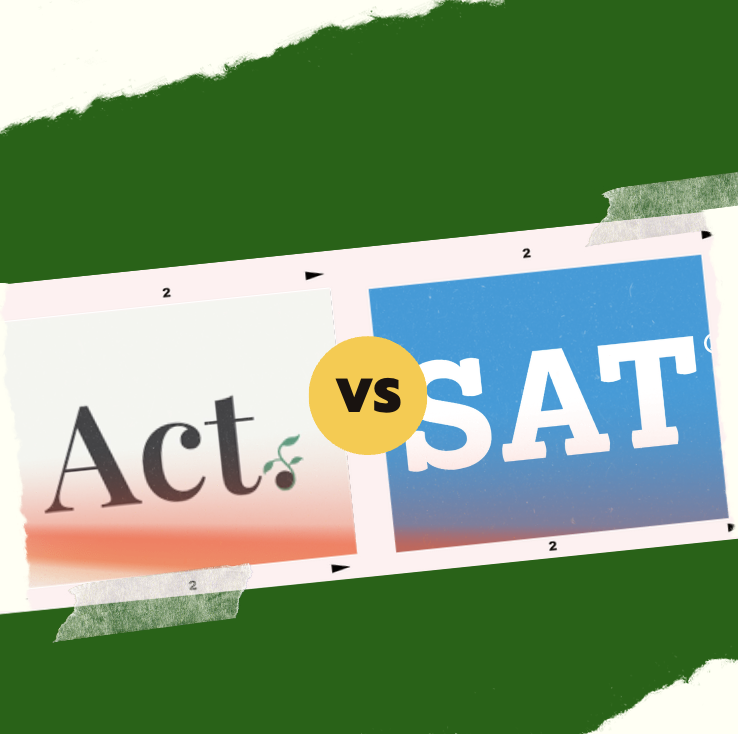

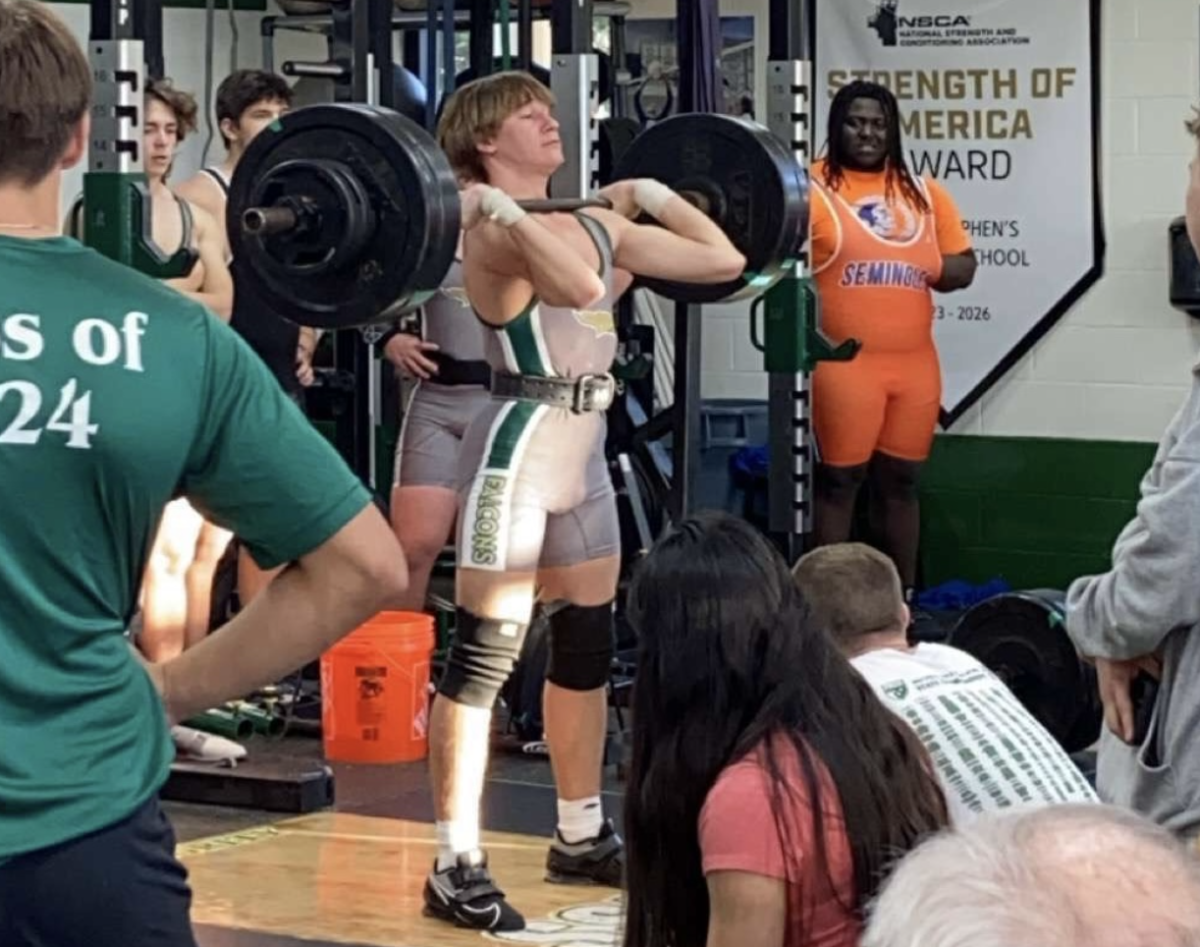

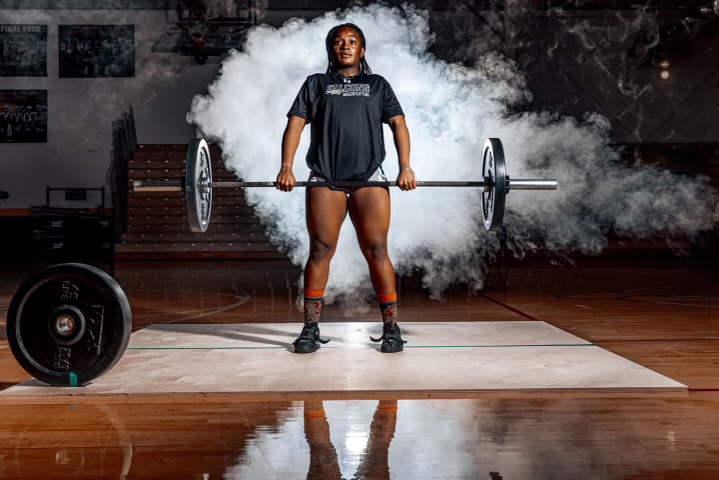








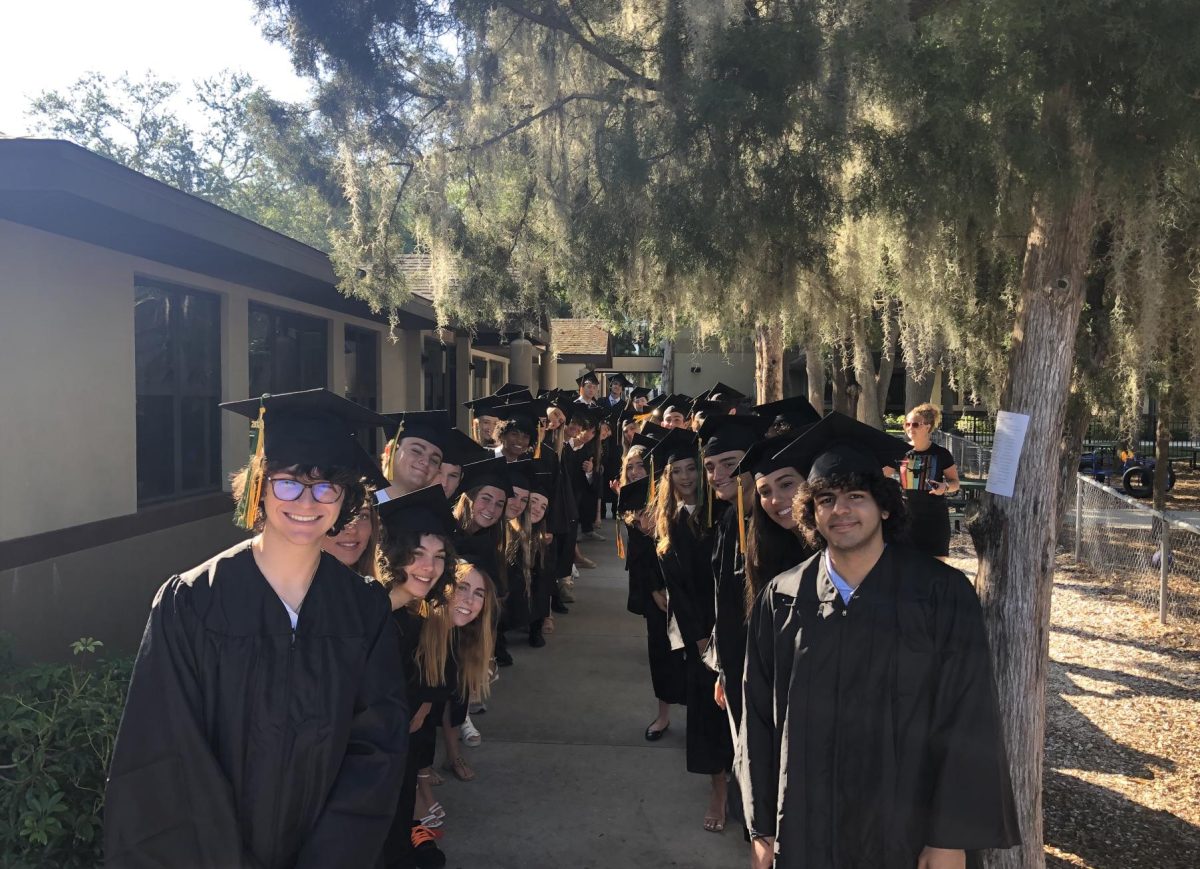
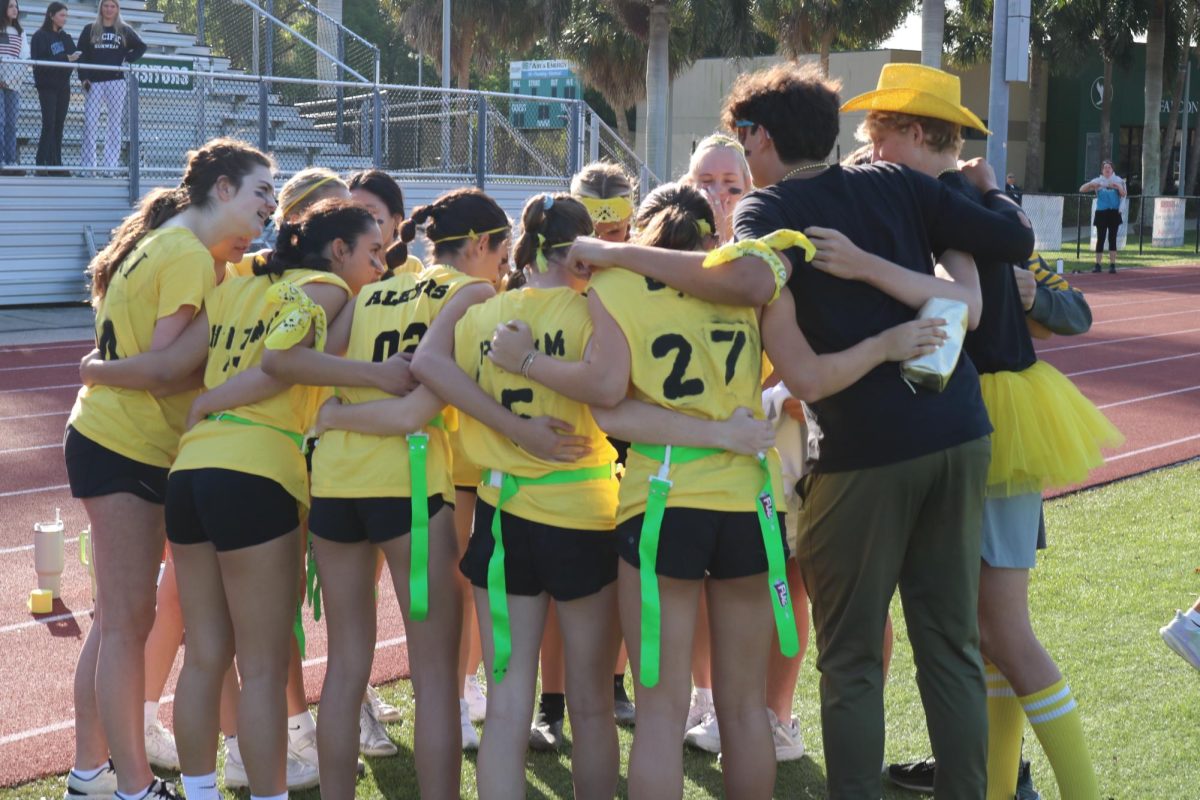

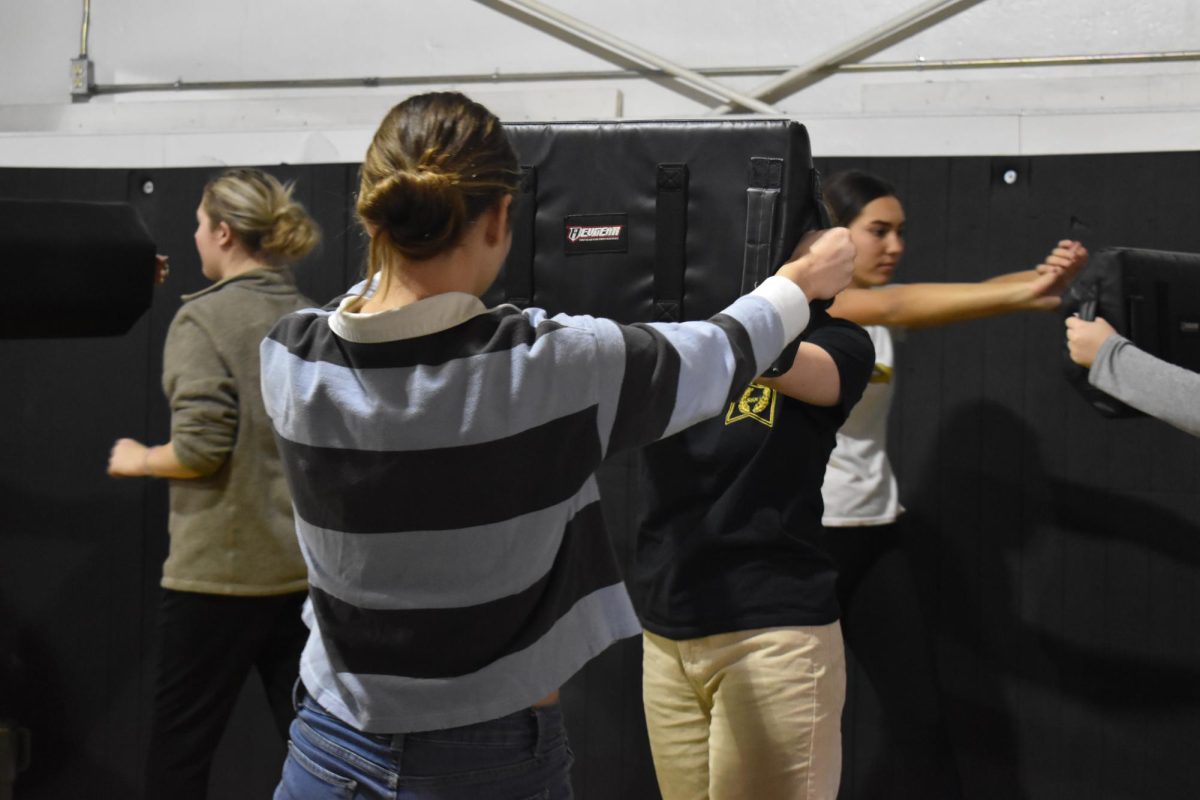

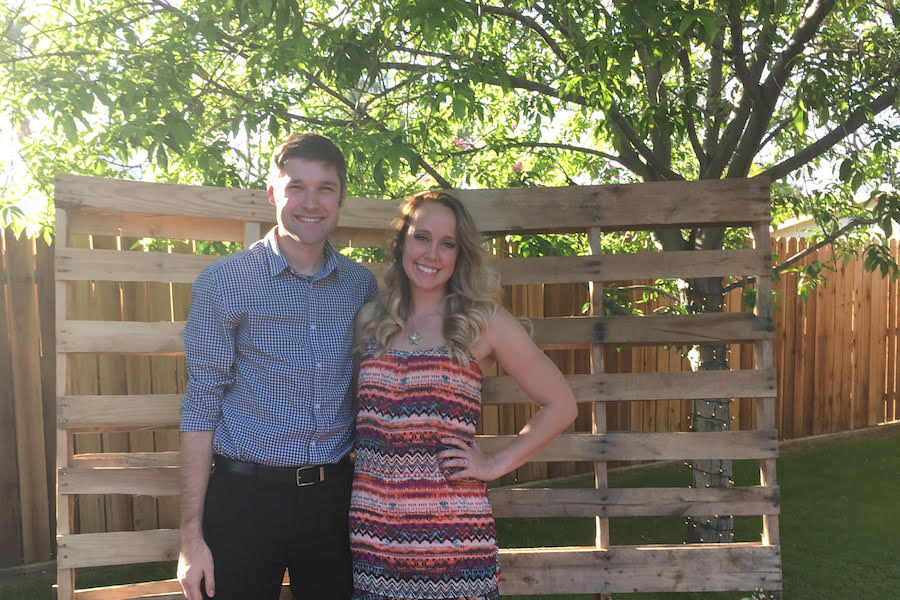

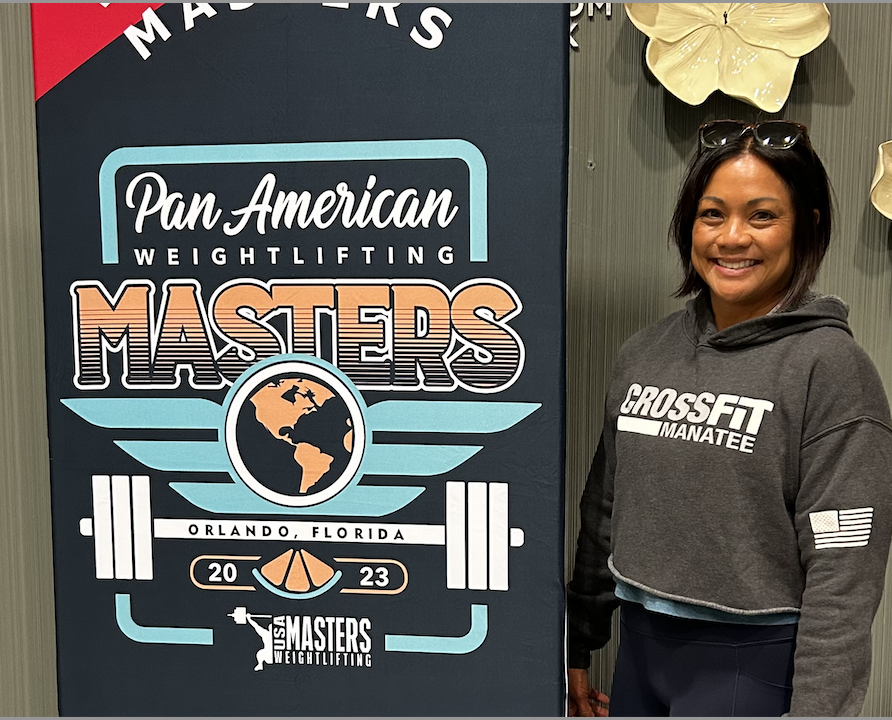






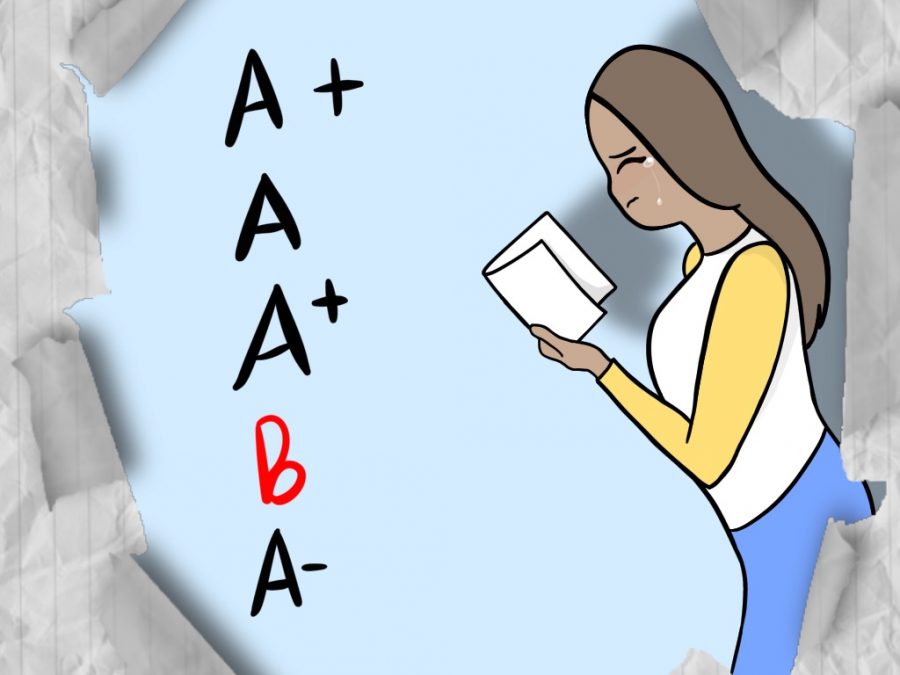
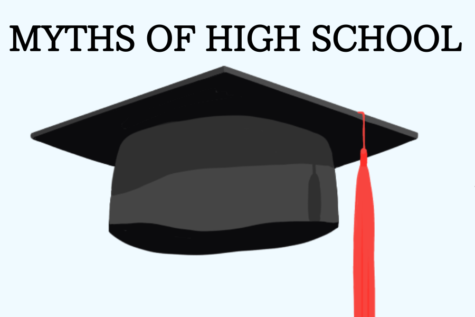

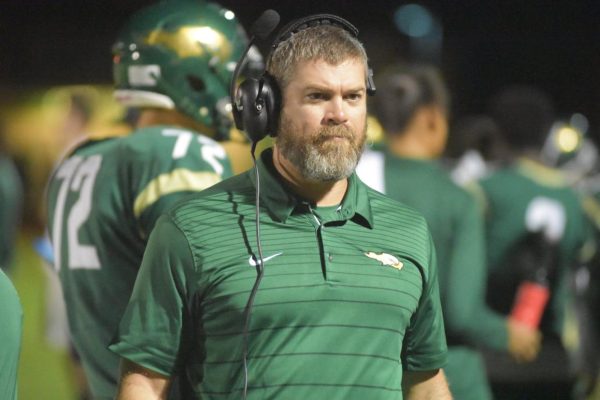



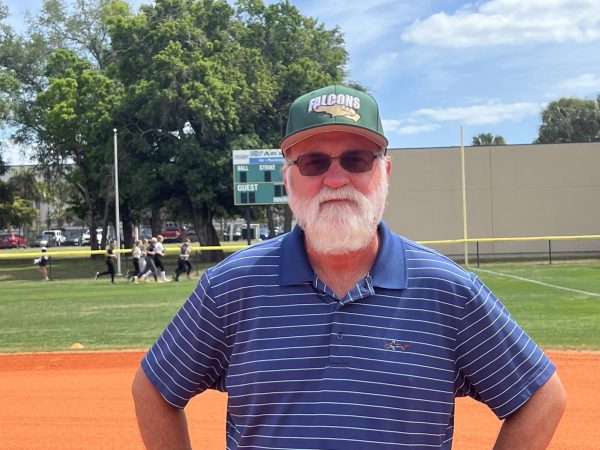
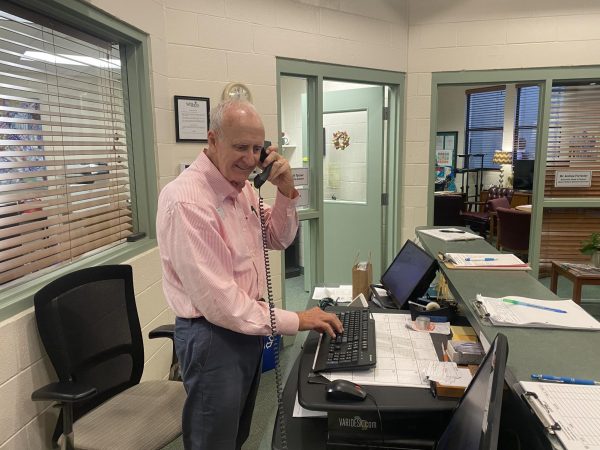
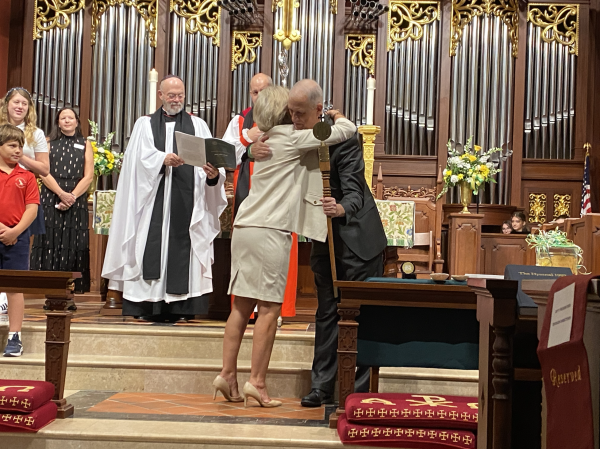

maili • Nov 2, 2023 at 11:45 am
:3
Litzy • Jun 2, 2022 at 2:01 pm
I wish my parents could see this
weeeeeeeeeeeeeeeee • Feb 20, 2024 at 3:52 pm
me too… im tired of being milked for my smartness.
Mickey • Apr 20, 2021 at 2:48 am
More than 40 years ago, I went to a specialized high school, allegedly one of the top schools in New York, but it was an overrated toilet. Most of the teachers there were just angry, toxic people who motivated by fear. Needless to say, I failed a bunch of piss-poor classes that never did anything for me in real life. Eventually, I dropped out because I just didn’t give a rat’s ass anymore. Years later I graduated from college and law school. Now, I’ve been a college law professor for the past 23 years and I’m having the time of my life doing something I love that actually helps students. The moral of the story is that anyone can overcome one or more bad grades to find success and fulfillment, both academically and professionally. Never let bad grades in meaningless classes keep you from your true calling.
David Glaser • Feb 4, 2020 at 4:01 pm
A very well-crafted article, Sanna. I’ll admit my bias – since Sarah is my daughter – but this tells the story quite well. There are so many reasons to choose a college, but the most important is how it fits YOU. Sarah was a high achiever at Saint Stephen’s and put the same pressure on herself that many of our students do to go to a “name” school. She scored interviews with several Ivies but ultimately did not get admitted. Her choices came down to Emory, Davidson, and the USF Honors College. In a decision that many of her peers questioned, she chose to stay close to home and attend USF. Sarah has never looked back. By the time she finishes her first two years in Tampa this summer, Sarah will have already made a service trip to the CDC in Atlanta, studied abroad in London, spent a week at the Hague, and interned at the U.S. State Department Office of Counterterrorism in D.C. – almost entirely on the university’s dime. The moral of the story? Choose the college that feels right to you and offers you opportunities to grow and experience new things.